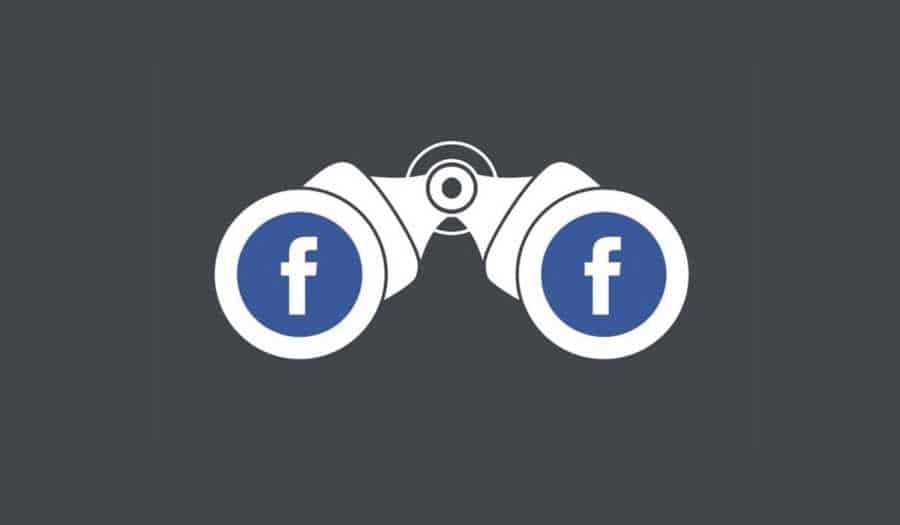Apple Inc. announced today, Wednesday, January 30, that it has banned access to Facebook Inc by a program designed to allow businesses to control the iPhones used by their employees.
According to Apple, the largest social network used the program to record online teens' habits.
Apple has a number of certificates that allow businesses to have full control over the iPhone of their employees.
Certificates enable companies to install applications remotely, monitor device usage and applications. In addition, companies using these certificates can delete them data owned by the business and stored on iPhones.
Apple designed this program (Developer Enterprise Program) for companies whose staff use iPhones for internal functions. Privacy requirements do not allow the use of this particular proletterto phones that are for personal use.
Apple Facebook ban: How did the story begin?
On Tuesday, TechCrunch Reported that Facebook is paying users as young as 13 to install an app called Facebook Research. The app used the tools by Apple and asked the iPhone user for permission to install a virtual private network software that can track the habits browsing.
Following the revelation, Apple cut off access to Facebook from the program, stating that the program was "exclusively for the internal distribution of applications in an organization."
"Facebook is using social networking users to distribute a data collection application to consumers, in clear violation of its agreement with Apple."
________________
- Facebook: what does the integration of Messenger, Instagram & WhatsApp mean
- Privacy International: Facebook is watching you & without an account





